After a disappointing season in the Overwatch League, the Toronto Defiant once again cleaned house and started from scratch heading into 2023. The organization’s first step toward reconstruction was acquiring a head coach with the knowledge and experience to helm a major rebuild.
Enter Cas “Casores” Andel, a longtime assistant coach for the San Francisco Shock who previously worked with the Atlanta Reign and multiple European Overwatch Contenders teams. Stepping out from the shadow of a legendary head coach like Park “Crusty” Dae-hee is never easy, but the Shock’s impressive second-place finish in the 2022 season spurred Casores on to independence.
In a matter of months, he’s managed to assemble one of the most promising Western rosters in the Overwatch League by calling back a host of Contenders legends. Most of the 2023 Defiant roster used to play for American Tornado, a former dynamo of North American competition, and many have worked with Casores before on Overwatch League teams.
Casores sat down with Dot Esports to discuss how the Tornado’s second coming was orchestrated as well as his philosophy toward head coaching and building success years into the future. He also explained the accidental marketability of having the “worst-kept secret” of the offseason and tempering his players’ expectations for taking over the league.
What made you realize you wanted to move into a head coaching position this year?
Casores: I’ve been assistant coaching for quite a while, and I’d head coached before in Contenders and on Team Netherlands [in the Overwatch World Cup]. Under both Brad [Sephy, former Atlanta Reign head coach] and Crusty, I learned a lot about being a head coach. I’d been thinking about it the year before, but after talking to Crusty, we felt like it would have been really good if I just did one year of assistant coaching and took more responsibility and almost probed into that role. And then after getting a good result this year, I felt that if I don’t do it now, then when am I going to do it?
I had been talking to a couple of teams that were interested, but Toronto ended up being a really good place to start my first year as head coach. And I’d say they’ve been doing everything to support me—they’ve been giving me a lot of autonomy. It’s very exciting but it’s also a lot of new responsibility, of course, so I’m trying to be as diligent as I can with every step I make while luckily being able to use a lot of my experiences and what I’ve seen work in all the teams I’ve been in before.
On that, what did you learn from working with other teams in the past that you’ll bring into this new role?
A lot of coaching in Contenders, for example, is about game knowledge. You go on a Discord call and you can just show what you’ve done. But working and living with people in person, coaching becomes almost a whole other role, where you have to be a role model—a figure that people can look up to. Especially as a head coach, it’s almost 70 to 80 percent people skills and leadership skills rather than game knowledge. Of course you have to have game knowledge, but you have your assistant coaches to work out with that. And if people don’t respect the head coach as a person, it’s a lot harder to listen to them about in-game feedback.
I’d say it’s mostly about your people managing skills. How are you going to handle all these different personalities that are clashing into each other? It’s almost 24/7 whether in a team house or in an office where they’re gaming and streaming all the time. How are you managing Player B, who’s complaining about Player A, if your team is not doing well?
You also don’t really need head coaching in a Contenders role, but in an Overwatch League role [it is] when you’re working with 17, 18, 19-year-olds who basically just came out of college who have never worked in a developed structure before. It’s so important that they find trust and respect in you as a head coach and that they see you as somebody that can lead a ship rather than always just being their friend.
Do you find that to be the hardest part of coaching?
That’s a good question. I think that’s the hardest part to learn. I’m pretty much a people person; I go out of my way to talk to a lot of people and I’d say I’m quite articulate. I think it comes down to what you feel like is harder. Is it the in-game stuff, where you have to watch VOD through VOD just to see how you can improve one cooldown usage or how to help one player? Usually the players know their character and how to play it better than any coach, otherwise every coach should be playing the game instead of coaching, right? So, when it comes to macro, I’d say a lot of coaches are way ahead of players. They should be, I hope. When it comes to micro coaching, you just have to look at what a lot of other players do, compare them to each other, and see how you can apply that to your player’s playstyle.
But when it comes to leadership and people skills, how do you grant that? You can read books, but I think it’s something that comes from experience and having worked with various different people. I’d say it’s one of the hardest skills to learn as you get along. For some people, it comes naturally, and for some people, it takes a while to get on. You can fill up holes in your knowledge with your assistant coaches but you can’t fill up your leadership skills with your assistant coaches.
What inspired you to build this 2023 Toronto Defiant roster? Where did the idea start?
When I went into this role, I didn’t have any set roster yet. I knew I wanted to build a Western roster or a mixed roster. Then, [I reached] out to some of the top Korean talent that I felt might have been really good to sign as a basis for a mixed roster. Generally, if you’re building a really good roster, you want one piece that attracts other people to come, right? So if you get an S+ tier player, it’s very easy to say, “hey, you’ll be playing with this player, so you should come to us.” But when I was reaching out to some of this S+ tier talent that I felt the roster could really be built around, it felt like nobody was excited to come to Toronto because Toronto has always been a mid-tier team, as the meme might go.
If you want S+ tier talent, they will either come to you to win or they will come to you for the money that you throw at them. I didn’t want to sign players just because of the money I threw at them. I felt that if a player comes here because we pay more than all the other teams, then they’re just coming here for the pay. What’s that going to mean for your season?
I was thinking if I cannot sign this S+ tier talent that’s going to attract other people, it’ll be very hard to create a winning roster from scratch. But after having considered many options and having talked with some of the American Tornado guys—and of course, having worked with Coluge and s9mm on Shock—I felt [good about] this option [for a few reasons].
One, because they want to come as a package deal, they will lower their salaries, so it also becomes a very cost-efficient deal. And two, these are all extremely good players. They’ve had good results in the past on American Tornado and post-American Tornado in their own various teams. In each of their teams, they’ve also experienced a little bit of a language barrier, maybe a little bit of a culture barrier. It’s players I’ve trusted before, that I’ve worked with before.
What I really want to focus on here is that this is the future of Toronto. What I want to do is set up the future years. I want to build a strong core with the players I have now and add on to that in the future. My goal right now with this team is to beat last year’s Defiant, set up as good of a result as we can, but also set up a structure for the team and work off of that for the future years.
How did it feel having the “worst-kept secret” in the league offseason?
Well, as you might know, we have some loudmouths on this team.
A little bit. Just a little bit.
I would also say that it’s very good for marketing purposes. They have the passion and almost the recklessness to tweet some of the stuff they do or say some of the stuff they do. But I think at the end of the day, things get leaked, right? Especially with American players; they tell one person and the whole world knows. Our players aren’t notorious for keeping secrets super well.
After most people knew, I told [my players], just tease it. Just market it in the way that people already know, but are [they] really sure? Prod the beast a little bit. Do it for the team, do it for yourself, make it fun. Of course every team wants their roster to not be known, and then be a sudden boom to the whole world, but if that’s not in the cards, that’s not in the cards.
Of course, it’s a shame we couldn’t keep it a secret, but I think in the end, what they did with it and what we did with it was probably the best way to go. We could just tell them not to have a personality and every time something comes up in Twitch chat, they just have to ignore it. But the way we went about it is just to have fun with it. Tease it a little bit. Don’t say you’re going to Toronto outright. I think one of them did. [laughs] Keep the doubt in people’s minds but make it fun.
Do you or the players feel any pressure to “recreate” the success of American Tornado?
I definitely feel like there’s a certain level of expectation and pressure. I’ve even read a couple of times that people are expecting us to do very well in these tournaments. But I’ve just told [the players] it’s a fresh start. There are going to be expectations. I hope you guys keep yourself to a certain expectation, but also don’t expect to instantly start winning the league. We have to do the same as every team does; we have to go through the building blocks.
The worst thing you can do is just expect that you’re going to do really well or feel so much pressure that you have to do well and if it doesn’t happen, you mentally boom. I’ve talked to them a little bit and we’re just going to try to go through the motions that every team has. We’re gonna build up team synergy, we’re gonna work our ass off.
At the end of the day, I think what makes these guys so special and why I think the American Tornado core has always worked is how much fun they have when they play together. And when you put too much pressure on that, when the expectations are too high, the fun kind of loses its spark, it loses its spontaneity. So I try to keep it as lighthearted as possible.
I definitely know some of these guys really want to do well, but they don’t want to do well because of the expectations. They want to do well because now they’re playing with the team they created. Now it’s their responsibility. Of course, I picked them up, but they decided to only sign one-year contracts and try to go to a team [together]. They have almost created this American Tornado roster so they want to make everybody involved and everybody that rooted for it really proud.
Which player do you think will surprise people this year? Who’s an underrated name?
I hope the whole team will do better than they expect. But I would say the “Atlanta Tornado” part that was on Atlanta [Reign] last year hasn’t been held in the highest regards. I think it was specifically Speedily that was very, very hyped up coming into last year. And I don’t think he’s lived up to some of the fan’s [expectations]. But now that ranked is back, now that he has had some time on stage in the spotlight playing with the team, I think he can surprise a lot of people and do really well this year. I also think both Ojee and UltraViolet were hyped up as one of the best Western support lines last year. Atlanta had decent success last year, but it didn’t live up to the hype that people [gave] them in the preseason. So personally, I think those three players but specifically Speedily can surprise a lot of people just because he is so mechanically skilled.
What’s one goal (personal or team-based) you want to accomplish in 2023?
Well, team-based, I already talked about it a little bit; I want to set up a core for the future years and I want to make sure that Toronto does better than they did last year and we’re set up for future success. I think personally, [mine is] maybe just a little bit of fun. Last year, I got into bouldering. I’ve always been very into fitness. But last year in L.A., I found a cool bouldering group and we would go bouldering once every month or so. And I heard that in Toronto, close to our team apartments, there will be a bouldering gym. So my personal goal is to kind of get more into bouldering and climb a V6 this year.
This interview has been edited for length and clarity.


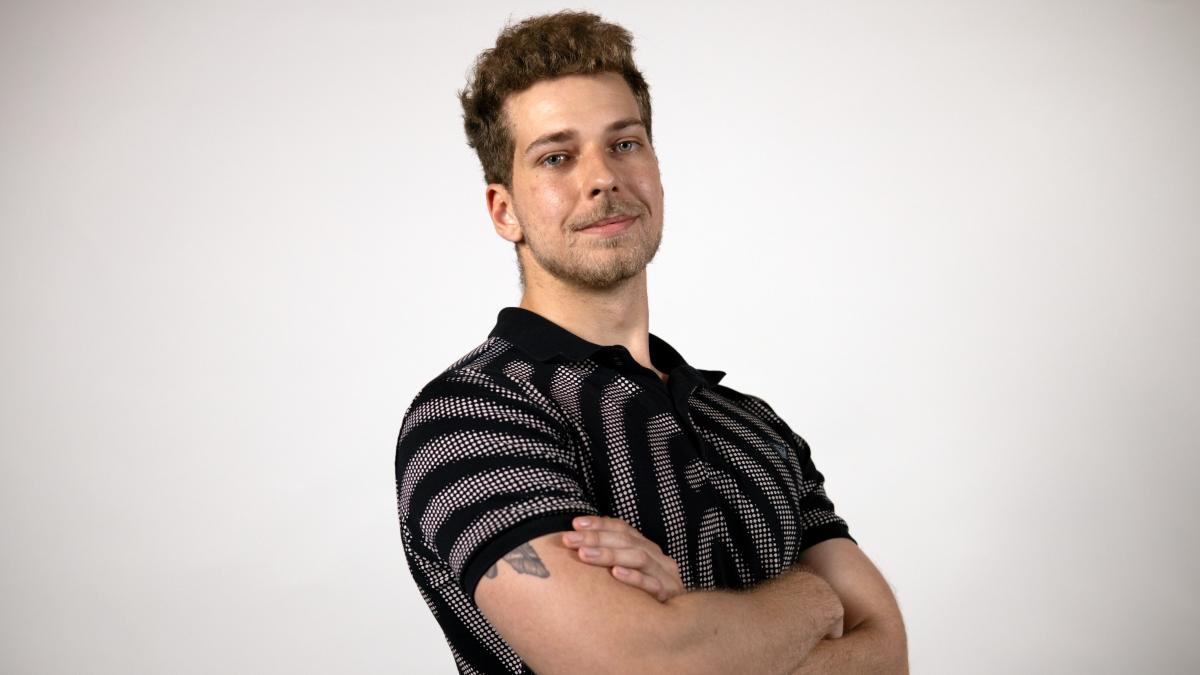
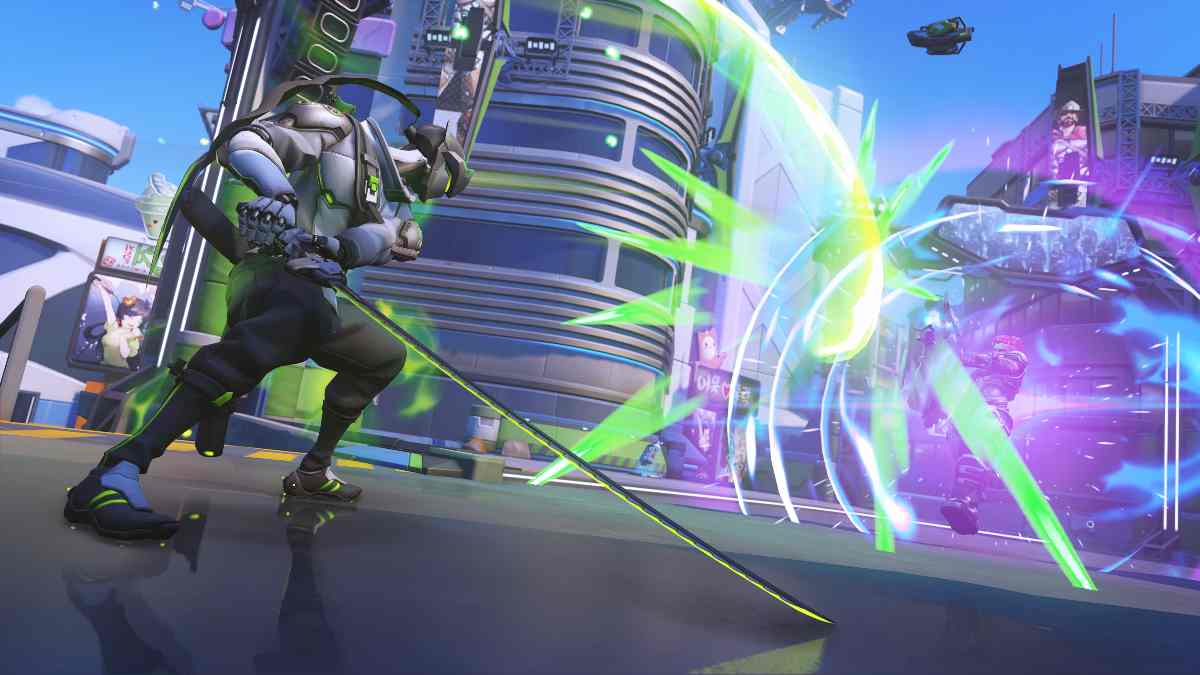
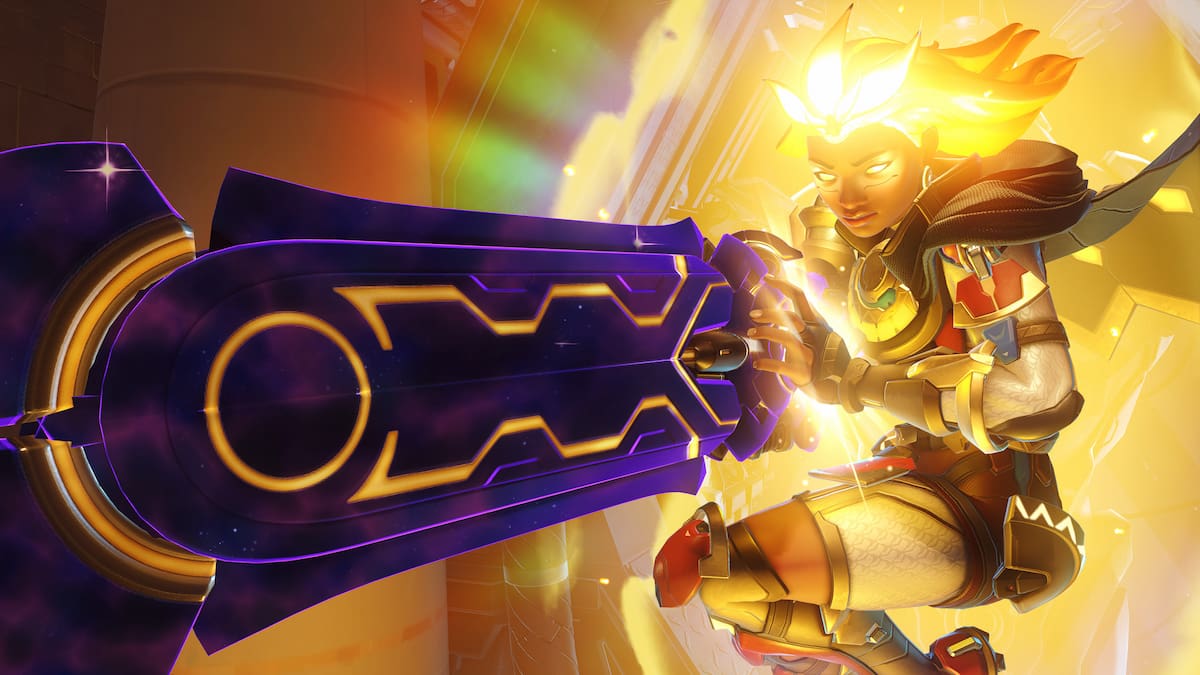
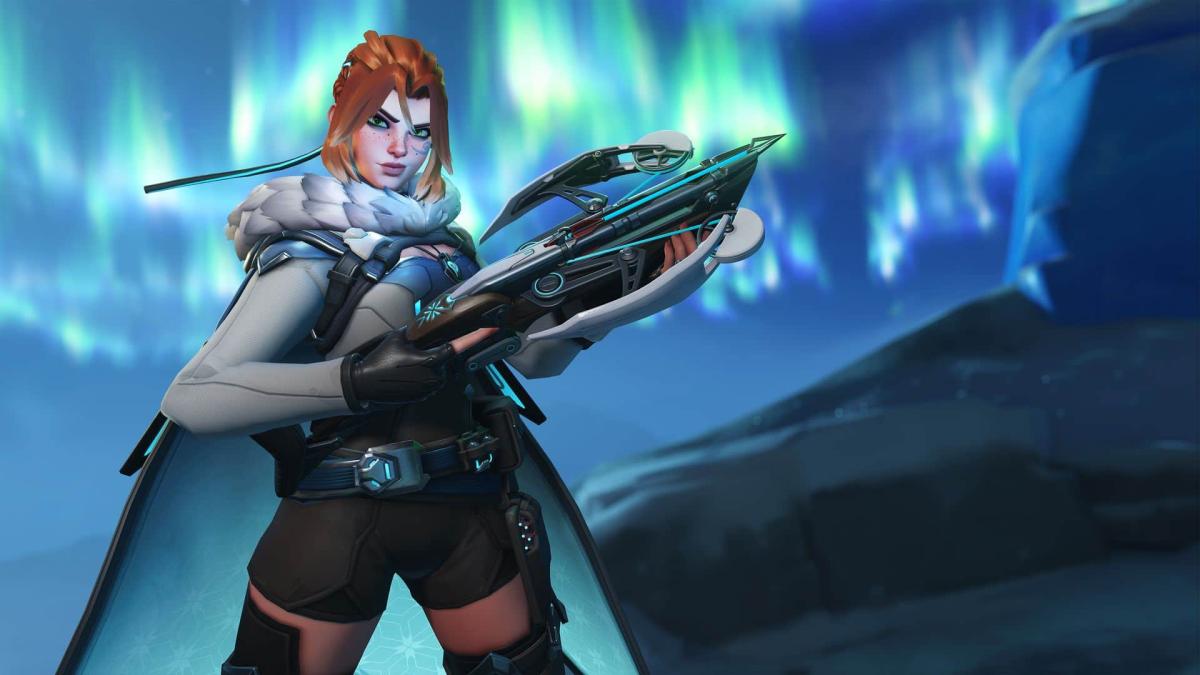
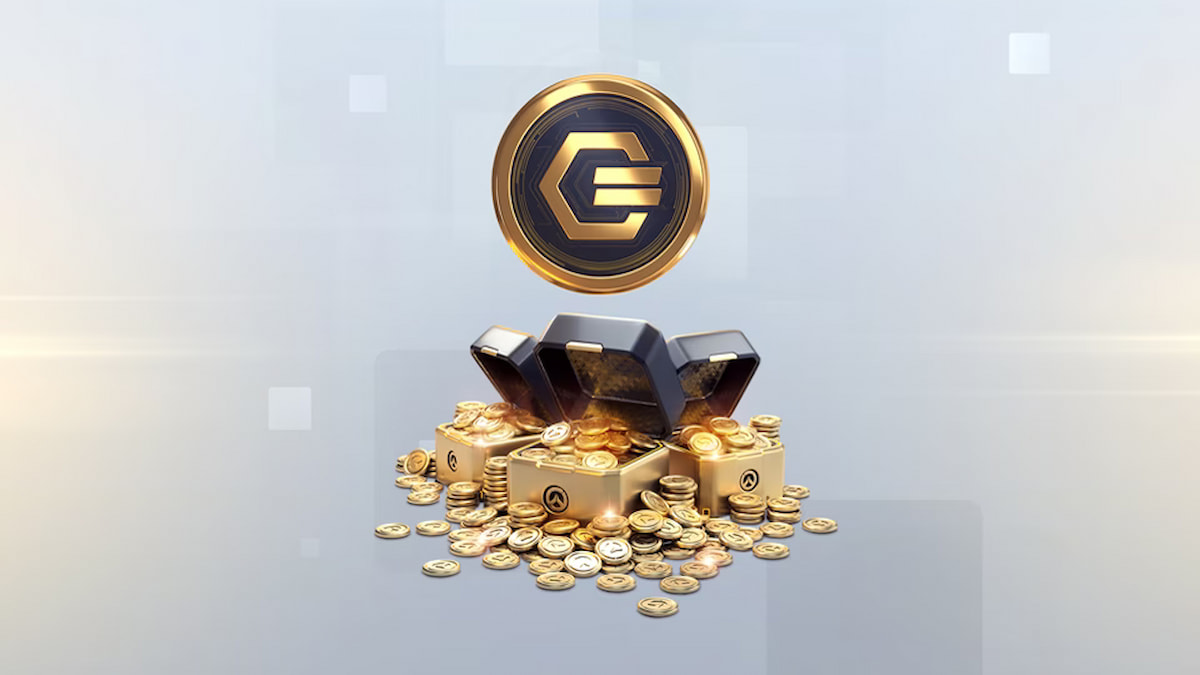
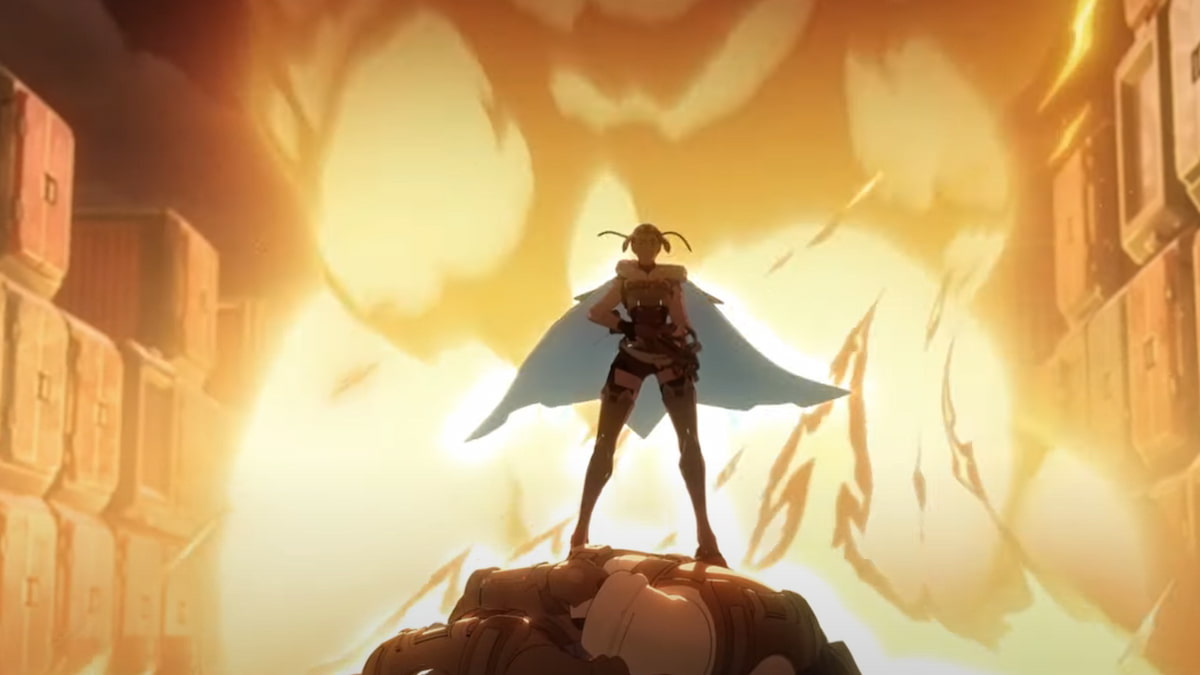
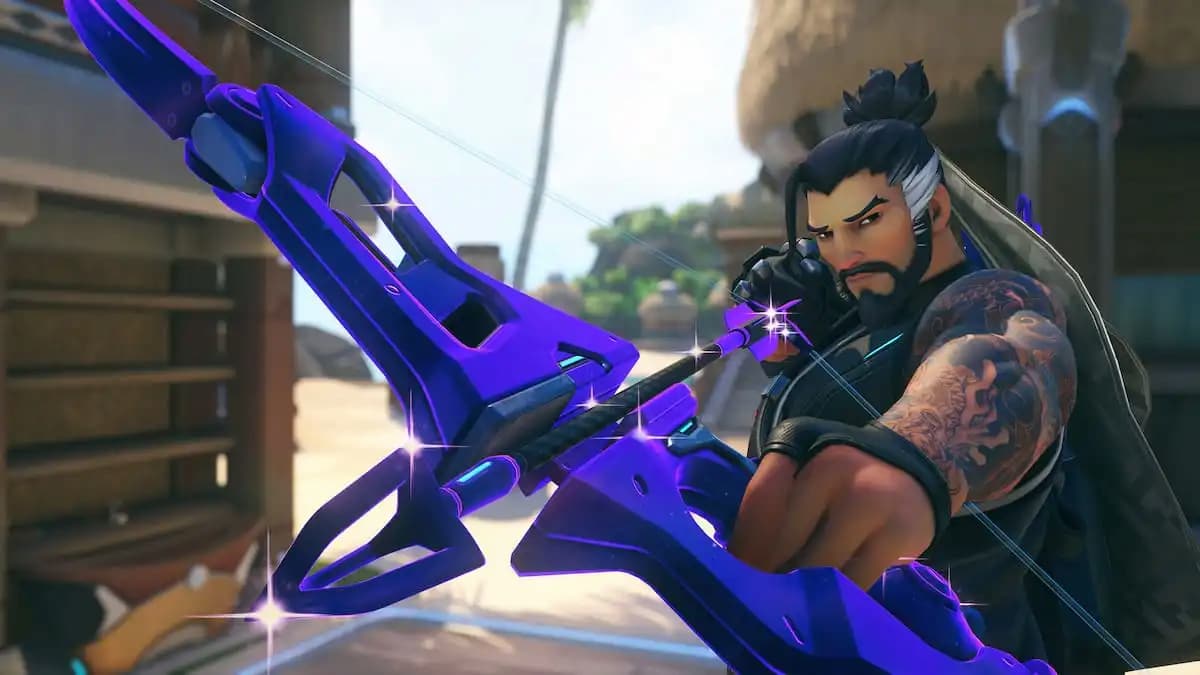
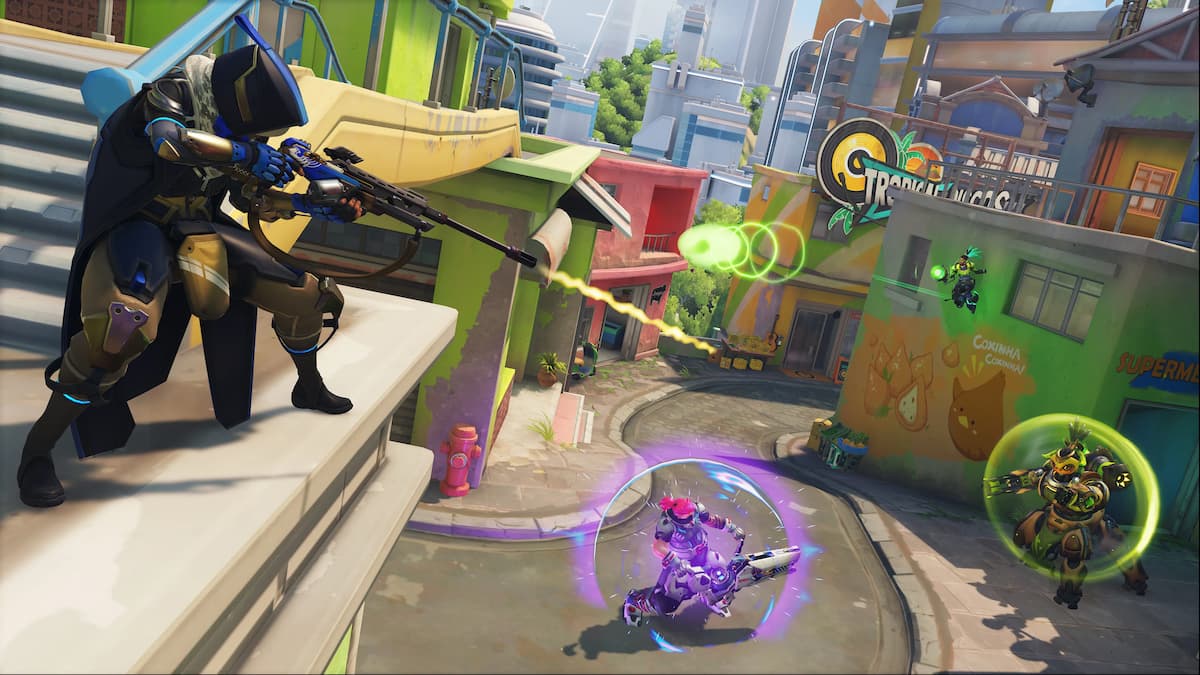
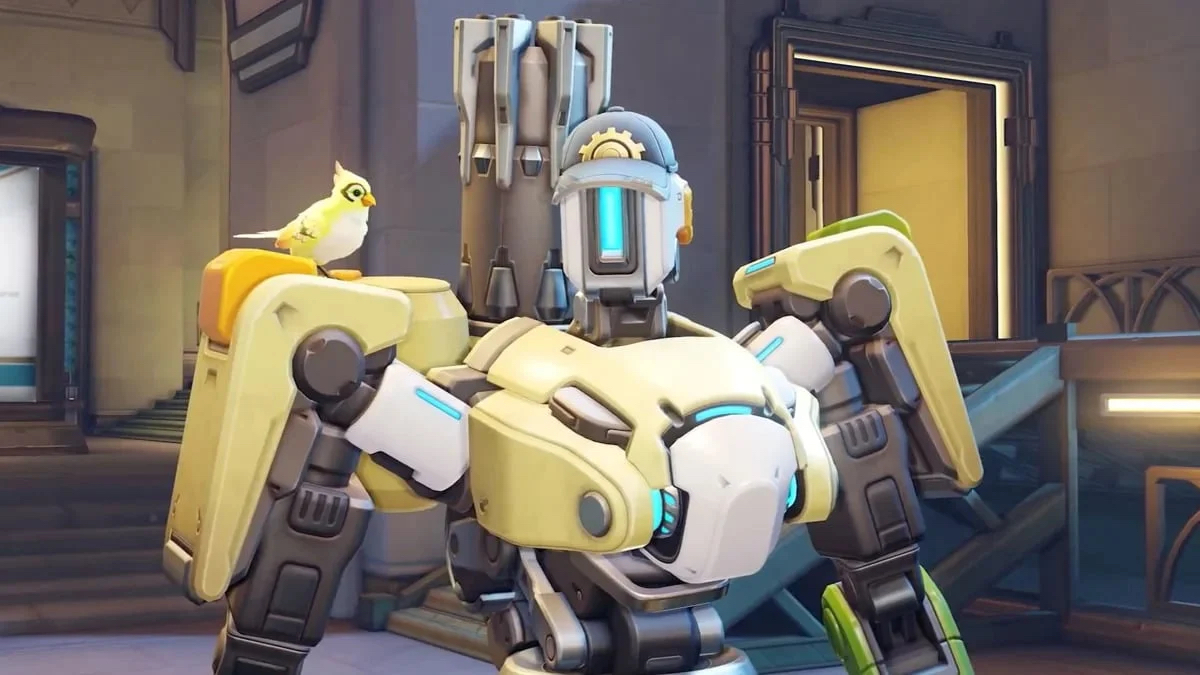
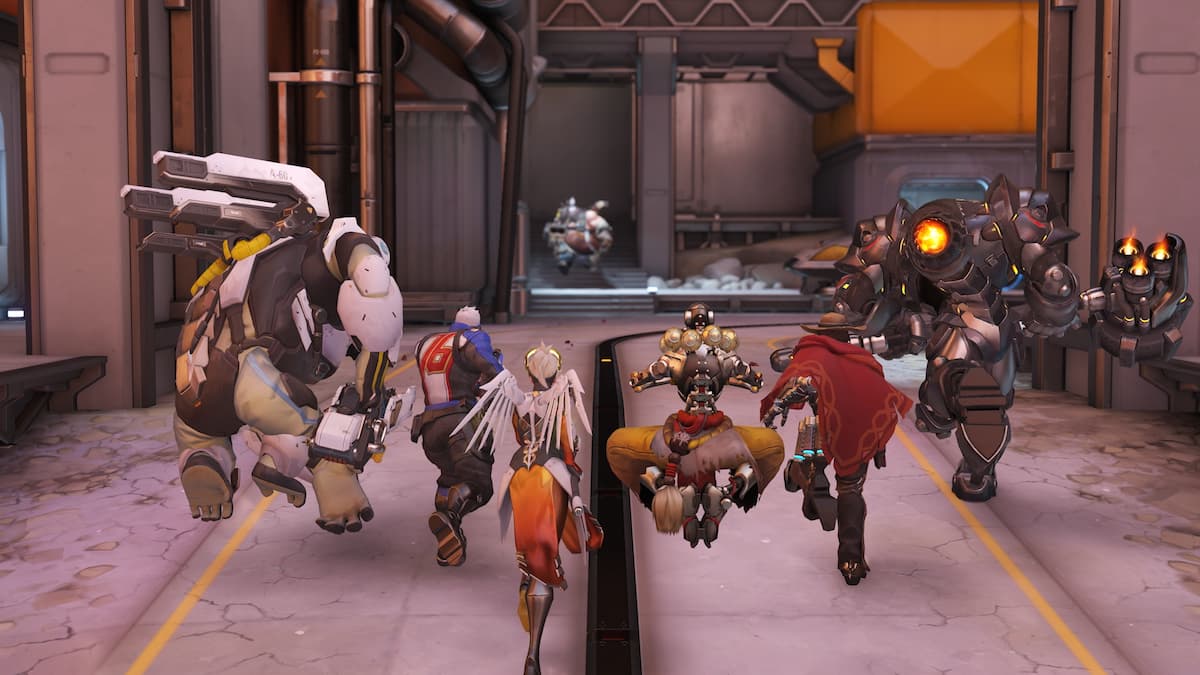
Published: Feb 3, 2023 10:03 am